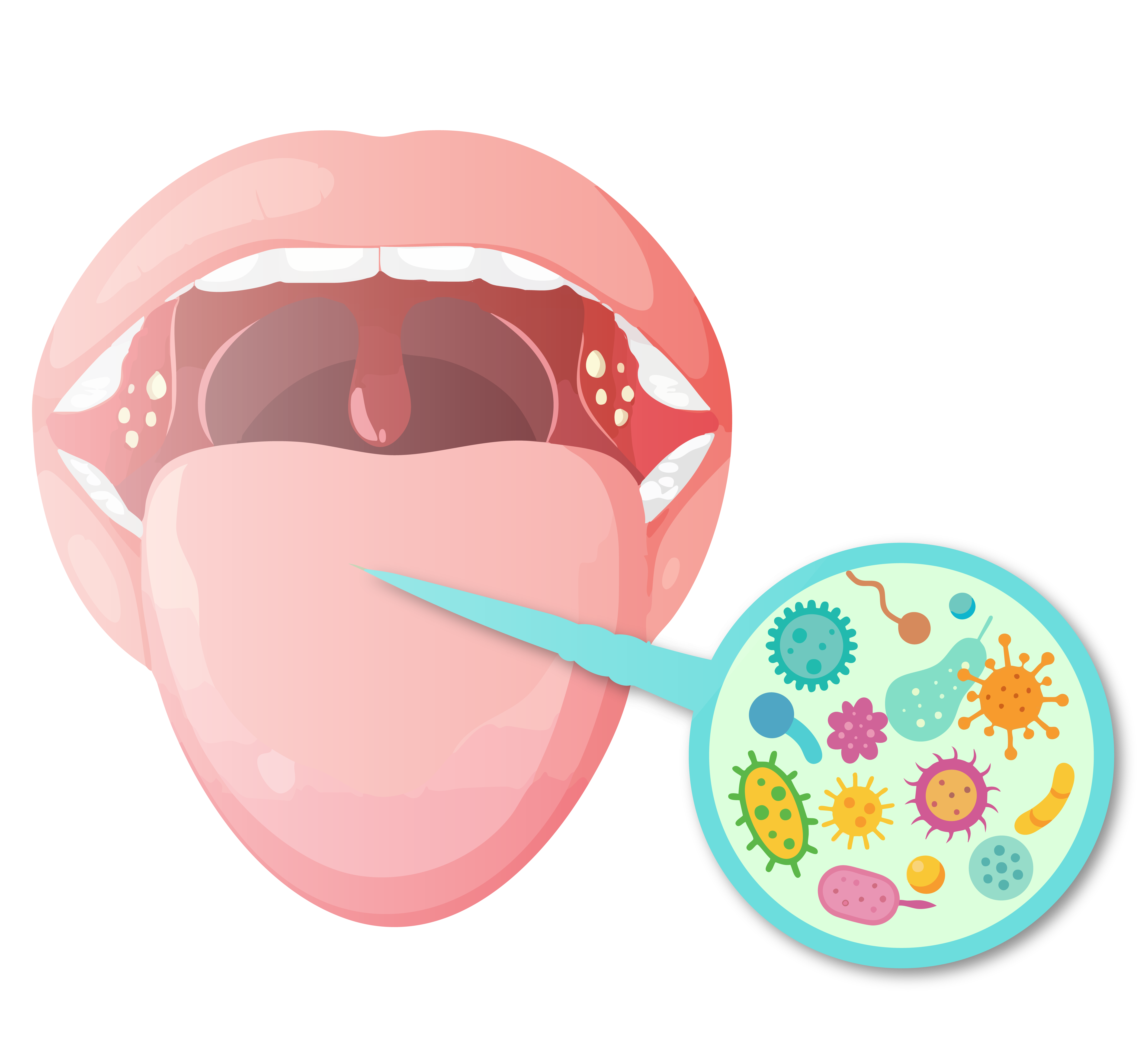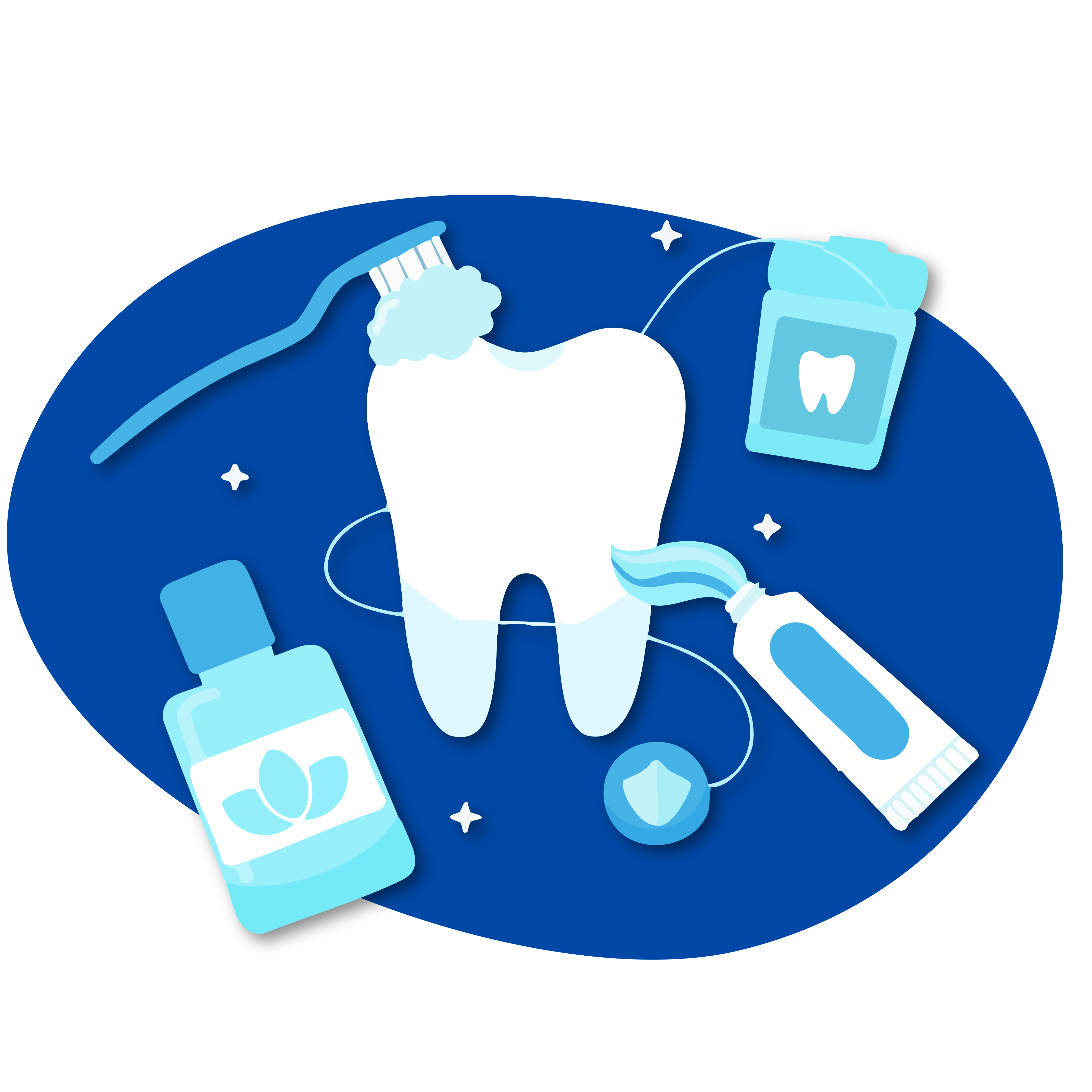
The oral microbiome is the group of microorganisms that live in our mouth. The microbiome consists of both helpful and harmful organisms. The most common of these microorganisms are bacteria, but also include fungi, viruses, and protozoa. Don’t let this frighten you – these organisms are not bad. Their balance helps promote a healthy oral microbiome, which is needed for oral health. It helps protect against infections, aids healing, and supports the immune system. The oral cavity is second to the gut in the number of microorganisms that reside there, with over 700 species of bacteria in residence.

New technologies have provided researchers with better means to study the oral microbiome and its effects on health. It was previously believed that oral health was simply about taking care of our teeth and gums. Research now shows links between oral health and many inflammation-related conditions. There is emerging evidence that the oral microbiome can be used to help detect some serious diseases at a very early stage. We will see many advances in testing the oral microbiome in the years to come.

An unhealthy oral microbiome
An unhealthy oral microbiome is when the balance of microorganisms in your mouth is off. When this happens, the growth of harmful organisms increases and can lead to negative oral health conditions:
- Tooth decay
- Gum (periodontal) disease
- Bad breath
- Other oral problems
- When a low-grade inflammatory condition exists long-term in the mouth and oral microbiome, it is also linked to systemic diseases such as heart disease, digestive disorders, and diabetes.

The healthy oral microbiome
Fresh breath, healthy gums, and clean teeth are all signs of a healthy biome. What are the best ways to keep the oral microbiome healthy?
- Practice good oral hygiene (regular brushing and flossing)
- Eat a balanced diet
- Quit smoking or don’t start
- Limit alcohol
Your dentist and dental hygienist are good resources for monitoring your oral microbiome. Make sure to visit them regularly.
This information in this post is for general educational purposes only and does not warrant or represent any information as related to health as specifically appropriate for you. It is not intended to be medical advice or replace the relationship that you have with your health care providers. You should always seek medical advice on any diagnosis or treatment from a qualified health care provider. The information is provided “as is” without any representations or warranties, express or implied.





